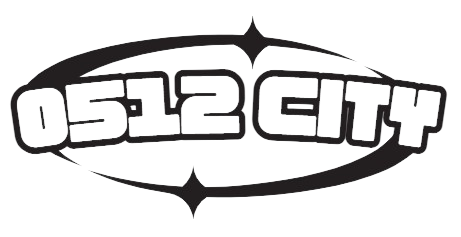If you decide to open a gambling business, whether it’s an online casino or a bookmaker, then you can’t do without a license. It confirms the legality of your business, ensures the trust of the players and protects you from legal problems. Obtaining a gambling license is a process that requires time, preparation and attention to detail.
Why is a license important?
A gambling license is not just a formality, it is a key element for working in this industry. It regulates your activities and shows the players that you are acting within the law. Without a license, your business will be considered illegal, which can result in fines, closure, and even criminal liability.
In addition, players are increasingly paying attention to the availability of a license. This tells them about your honesty, compliance with security standards and protection of their data. Thus, a license is not only a legal requirement, but also a way to strengthen the reputation of your brand.
Stages of obtaining a gambling license
The process of obtaining a license cannot be called simple, but if you follow a clear plan, it becomes more manageable. The main stages:
- Decide on the jurisdiction. The first thing to start with is choosing the country or region where you will register your business. Different jurisdictions offer different licensing terms, requirements and costs. For example, some countries require stricter checks, but instead offer a high level of trust from the players. Others are less strict, but may restrict access to the international market.
- Prepare a business plan. To apply for a license, you will need a detailed business plan. It should include: A description of your business (what services you will provide – online casinos, sports betting, lotteries, etc.); Target audience; Financial model (expected revenues, expenses and sources of financing); Data security and player protection Policy.
- Collect the documents. The jurisdictions where you are going to get a license will require a wide range of documents. This may include: the company’s Founding documents; Information about business owners and key employees; Security certificates for your software; Proof of financial viability.
- Submit an application. After preparing all the documents, you can submit an application. At this stage, it is important to comply with all the requirements of the jurisdiction. Any mistake or flaw can lead to failure or delay of the process. You will usually have to pay the registration fee, which is non-refundable in case of refusal.
- Go through the checks. After submitting the application, the verification process will begin. Regulators will examine all documents provided by you, as well as check your company for compliance with the laws. For example, if you plan to work online, you may be asked to provide proof that your site is protected from hacking.
- Get a license. If all the checks are completed successfully, you will receive the long-awaited license. However, this is not the end. In most jurisdictions, you will need to update your license regularly and provide reports on the activities of your business.
How do I choose the jurisdiction for the license?
Several factors influence the choice of jurisdiction. It is important to consider:
- The cost of the license and the process of obtaining it.
- Taxes and fees that you will pay in the country.
- The reputation of the jurisdiction among the players.
Some popular jurisdictions for gambling licensing include Malta, Curacao, Gibraltar and the Isle of Man. For example, gambling license online is often sought specifically to work with an international audience, as it allows you to cover different markets.
What should I pay attention to?
It is important to remember that a license is not just a piece of paper. There are strict obligations behind it:
- Compliance with the laws of the jurisdiction where you work.
- Fair play and protection of players from possible risks, including addiction.
- Regular audits and financial statements.
Obtaining a gambling license is a difficult but important process for anyone who wants to work in this industry legally. The right approach to choosing a jurisdiction, collecting documents and complying with requirements will help you not only get a license, but also gain the trust of the players. Remember that without it, you risk not only your business, but also your reputation. It is better to spend time preparing than to face problems in the future.
